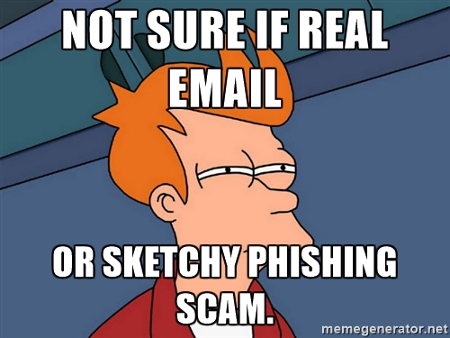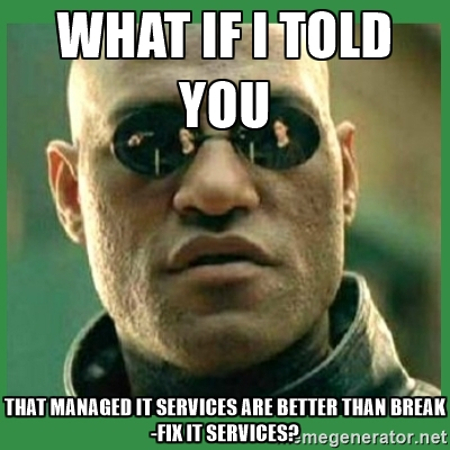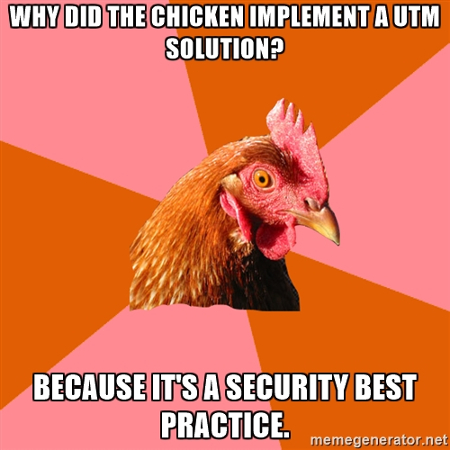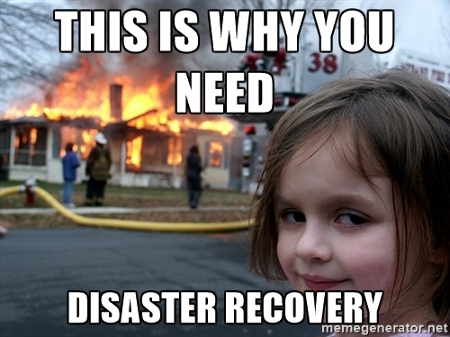Memes are deeply rooted into today’s online culture. Thanks to the Internet, even the most absurd things can quickly gain popularity through social media and online forums. While they might seem silly and pointless, it would be foolish to dismiss them as wastes of time; especially considering how popular they are. If you are looking for a creative way to get your name and brand out there, why not try using memes?
The term “meme” was originally coined by a British evolutionary biologist, Richard Dawkins, in his 1976 book The Selfish Gene. Its official definition is “an idea, behavior, or style that spreads from person to person within a culture.” Dawkins initially used it to discuss the way that ideas and values are adopted by people within a society, but an Internet meme is somewhat different from the scientific approach (though the definition certainly suits the way a meme spreads around the Internet). While the evolutionary idea of a meme is based on sporadic and seemingly random change, an Internet meme defies this principle, often as the result of a “hijacking” of the original intended purpose of the image or video that is the subject of the meme.
To put it in simpler terms, think of it this way. Internet memes often take the form of popular images that were originally used somewhere else, like in popular culture, TV shows, etc. For example, the “Futurama Fry” meme takes a silly image of the show’s protagonist in deep thought, and uses it to explain confusion or indecision.

Another example is the “Matrix Morpheus” meme, which uses an image of Morpheus from The Matrix to discuss a revelation that, according to KnowYourMeme, “belittles futile or petty behavior.”

In fact, some memes are funny just because they aren’t funny. Take, for example, the “Anti-Joke Chicken” meme, which tells the beginning of a joke, and ends with a rather obvious statement, something that makes logical sense, or something completely unexpected.
 (It’s funny because it’s not funny)
(It’s funny because it’s not funny)
Makings memes for your business isn’t difficult, and it’s free. There are many meme generators online that you can use to make memes. In order to effectively use memes for your business (or just pass them amongst your coworkers), keep the following rules in mind:
- Stay relevant to your goods or services: If you want to use memes, you need to first figure out what theme you want it to follow. It should be aligned with the services that you offer.
- Use the right image: Once you’ve figured out the theme for your meme, you can proceed to find the right image for it. We recommend doing some research and looking at examples of previously existing memes, but be warned; the Internet has many memes, some of which may be offensive.
- Keep the audience in mind: Your memes should appeal to your target audience, especially if that audience consists of young people that frequent the Internet.
- Be funny: At their very core, memes are meant to be funny and humorous. If they aren’t, you’re not doing it right.
- Share it on social media: The point of a meme is to bring light-hearted attention to your brand and to be shared. You can do both by exposing it to many followers on social media.
For an example of how you might apply a meme to the real world, we’ve made this one using the “Disaster Girl” meme character:

Two things to note: 1) Get your point across by finding a meme that’s relevant to your goods and services, and 2) Use an odd combination of humor and terror to inspire action from the viewer. If you came across this on a social media page, would you snicker and give it a like? We hope so.
What are your thoughts on memes? Do you think they’re a waste of time, or do you think that they’re such a huge part of society that they can be leveraged for your organization? Let us know in the comments, and while you’re at it, be sure to leave your best memes.







